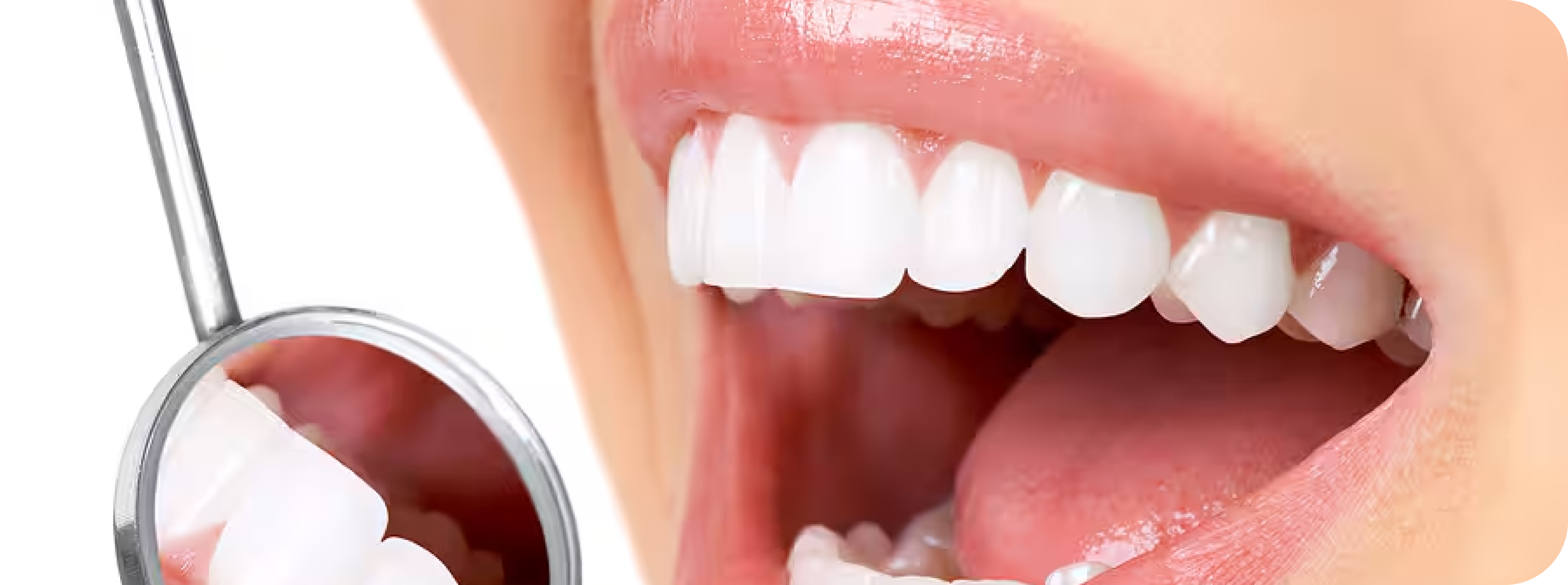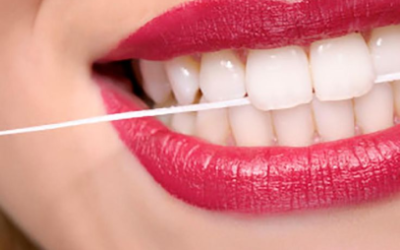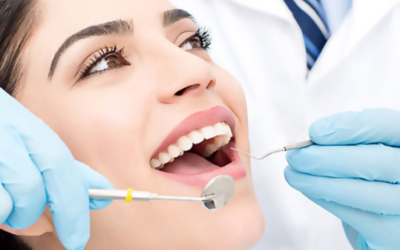Flossing is often overlooked in the realm of oral hygiene, overshadowed by the more widely recognized practice of brushing teeth.

Maintaining optimal oral health goes beyond daily brushing and flossing. Regular dental cleanings performed by a professional dental hygienist play a crucial role in preventing dental issues and ensuring overall health. This blog explores the numerous benefits of professional dental cleanings, why they are essential, and what you can expect during these visits.
Preventing Tooth Decay and Cavities
Even with diligent brushing and flossing, plaque can still accumulate in hard-to-reach areas of the mouth. Over time, this plaque can harden into tartar, which cannot be removed with regular brushing. Professional dental cleanings are essential for removing plaque and tartar buildup, preventing tooth decay and cavities.
Preventing Gum Disease
Gum disease, or periodontal disease, starts with gingivitis, a mild inflammation of the gums. If left untreated, it can progress to periodontitis, a severe infection that can lead to tooth loss. Regular cleanings by a dental hygienist help to remove the plaque and tartar that cause gum disease, maintaining healthy gums and preventing more serious conditions.
Early Detection of Oral Health Issues
During a professional cleaning, the dental hygienist examines your mouth for signs of oral health issues, such as cavities, gum disease, and oral cancer. Early detection of these problems allows for prompt treatment, preventing more serious and costly complications down the line.
Maintaining Fresh Breath
Bad breath, or halitosis, is often caused by poor oral hygiene and the buildup of plaque and bacteria in the mouth. Regular cleanings help to keep your mouth clean and fresh, reducing the likelihood of bad breath.
Benefits Beyond Oral Health
Reducing the Risk of Heart Disease
Emerging research suggests a link between oral health and cardiovascular health. Poor oral hygiene and gum disease have been associated with an increased risk of heart disease. Regular dental cleanings help to maintain good oral health, potentially reducing the risk of heart disease.
Managing Diabetes
Diabetes and oral health are closely linked. People with diabetes are more prone to gum disease, which can, in turn, make it harder to control blood sugar levels. Regular dental cleanings help to manage gum disease, contributing to better blood sugar control and overall health in diabetics.
Preventing Respiratory Infections
Bacteria from the mouth can be inhaled into the lungs, causing respiratory infections such as pneumonia. Regular dental cleanings help to reduce the bacterial load in the mouth, decreasing the risk of respiratory infections.
What to Expect During a Professional Dental Cleaning
Examination
Before the cleaning process begins, the dental hygienist will perform a thorough examination of your mouth. This includes checking for signs of gum disease, cavities, and other oral health issues. They may also take X-rays to get a more detailed view of your teeth and gums.
Removal of Plaque and Tartar
Using specialized tools, the dental hygienist will remove plaque and tartar from your teeth, particularly in areas that are difficult to reach with regular brushing. This process, known as scaling, is crucial for preventing tooth decay and gum disease.
Deep Cleaning (Root Planing)
In cases where there is significant tartar buildup below the gum line, the dental hygienist may perform a deep cleaning, or root planing. This involves smoothing the root surfaces to remove bacteria and promote the reattachment of the gums to the teeth.
Polishing
After scaling and root planing, the dental hygienist will polish your teeth to remove surface stains and give your teeth a smooth, shiny appearance. Polishing also helps to make it more difficult for plaque to adhere to the tooth surfaces.
Fluoride Treatment
Depending on your individual needs, the dental hygienist may apply a fluoride treatment to help strengthen your teeth and prevent cavities. Fluoride treatments are particularly beneficial for children and individuals with a higher risk of tooth decay.
How Often Should You Have Professional Dental Cleanings?
The American Dental Association (ADA) recommends that individuals have professional dental cleanings at least twice a year. However, the frequency of cleanings may vary depending on individual needs. People with a history of gum disease, frequent cavities, or other oral health issues may require more frequent cleanings.
Choosing the Right Dental Hygienist
Selecting a qualified and experienced dental hygienist is essential for ensuring the best care. Here are some tips for choosing the right dental hygienist:
- Check Credentials: Ensure that the dental hygienist is licensed and has the necessary qualifications.
- Experience: Look for a dental hygienist with experience in treating a variety of oral health issues.
- Recommendations: Ask for recommendations from friends, family, or your dentist.
- Comfort Level: Choose a dental hygienist with whom you feel comfortable and who takes the time to answer your questions and address your concerns.
Conclusion: Investing in Your Oral Health
Regular dental cleanings by a professional dental hygienist are a vital component of maintaining optimal oral health and overall well-being. By preventing tooth decay, gum disease, and other oral health issues, these cleanings help to ensure that your smile remains healthy and beautiful. Moreover, the benefits extend beyond oral health, contributing to a lower risk of systemic diseases such as heart disease, diabetes, and respiratory infections. Make regular dental cleanings a priority and invest in your long-term health and well-being.
How often should I get a professional dental cleaning?
The American Dental Association recommends having a professional dental cleaning at least twice a year. However, your dentist may suggest more frequent cleanings based on your individual oral health needs.
Are professional dental cleanings painful?
Professional dental cleanings are generally not painful. Some patients may experience minor discomfort, especially if they have sensitive teeth or significant plaque buildup. Communicate with your dental hygienist about any discomfort so they can adjust their technique.
What can I do to maintain oral health between dental cleanings?
Can dental cleanings remove stains from my teeth?
Why is scaling important during a dental cleaning?
Transforming Oral Health: How Patients Benefit from Mobile Dental Hygiene Services
Maintaining good oral hygiene is vital for overall health, but many people face barriers that prevent them from accessing regular dental care.


